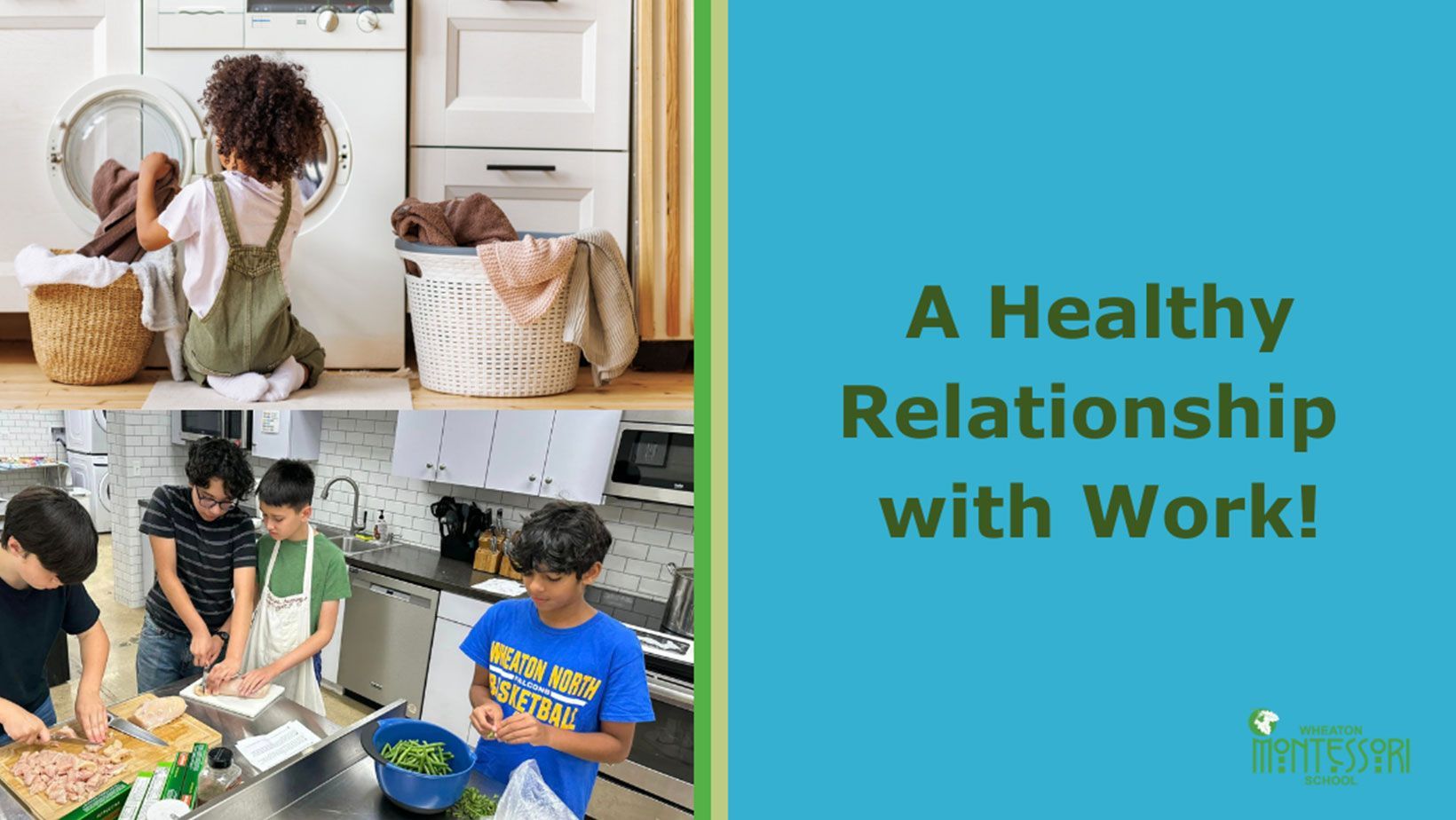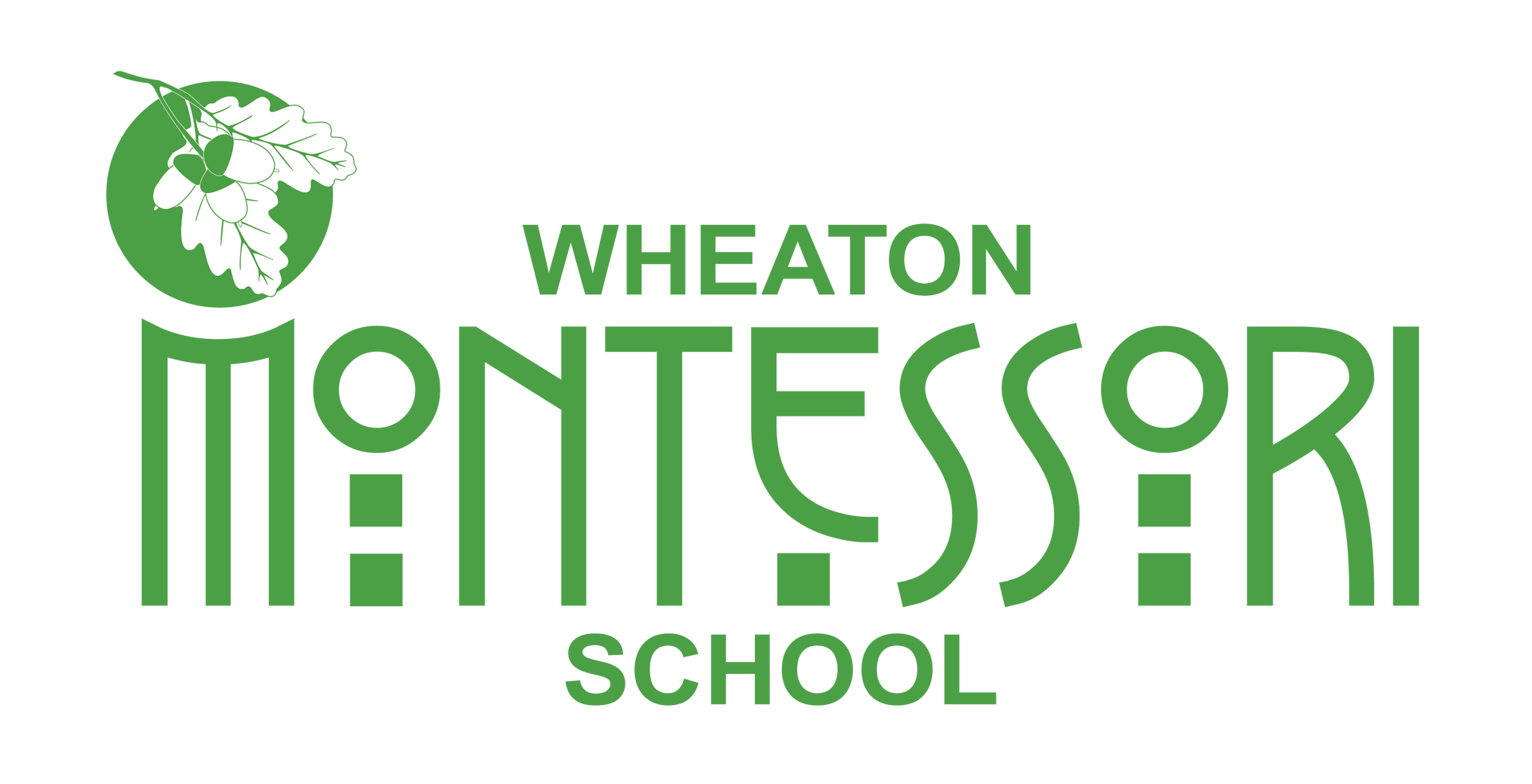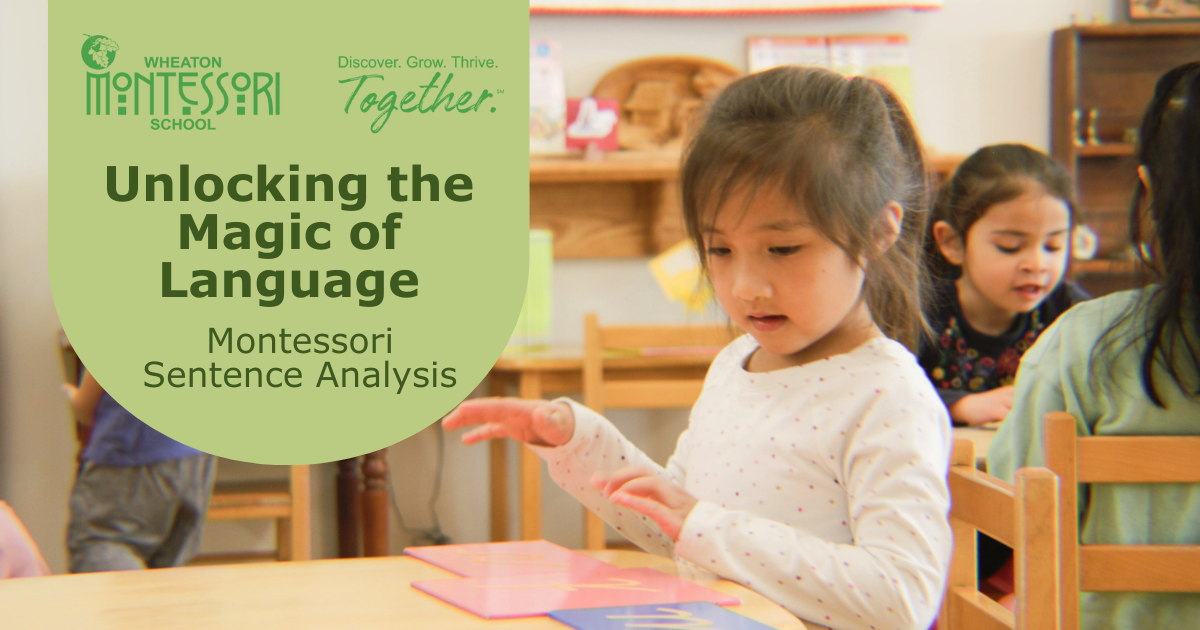
As humans, we need to work to thrive. We find a sense of purpose, meaning, and connection through work. However, as adults, our relationship with work is rather complicated. We pay others who have more expertise, more time, or more willingness to do work that we don’t know or want to do. We invent machines to work for us. We often aim for expediency and efficiency. We value our non-working time, like vacations, personal time, and leisure. We may even think about retiring early. It’s paradoxical that work does not need to be our passion to provide meaning, a greater good, and a connection to something bigger than ourselves.
We establish our identity through work and, in the process, contribute to a complex web of interdependent activities we share with others. We provide service to others, and this gives us a sense of belonging. What we do to accomplish our purposes in life is our work.
“Joy, feeling one's own value, being appreciated and loved by others, feeling useful and capable of production are all factors of enormous value for the human soul.” – Dr. Maria Montessori, From Childhood to Adolescence
Purposeful Work
Appreciating the varied types of work we do in our lives to care for ourselves, to care for others, and to care for our environment, is not something we are particularly practiced at doing in our culture. Yet in Montessori, we prioritize these three pillars: care of self, care of others, and care of our surroundings. We recognize that children gain deep satisfaction through work that has purpose. They want to feel and be useful!
Work that is purposeful or meaningful comes from an internal drive and also connects to the environment and to others. This leads to a sense of responsibility. For our youngest children, this can be as simple as noticing laundry needs to be folded or snack needs to be prepared and then wanting to play a role in getting that work done. Older children may feel compelled to share their research or discoveries with classmates. They also enjoy working to support a a good cause or need by organizing drives or fundraisers to better their community and our world. Our adolescents thrive when acquired skills allow them to care for their bees and chickens, their market meets societal expectations of production and exchange, and their meaningful collaborations serve the larger community.
Adult Work vs. Children’s Work
In her observations of children, Dr. Maria Montessori began to see how the work of adults differs from the work of children. While adults work to minimize effort and make our external environment better meet our needs, children work to use their environment to develop internal capacities. Because children’s work is their own development and self-construction, it doesn’t follow the same patterns, look the same, or have the same outward manifestations as adult work.
Sometimes adults do not recognize children’s work for what it is, which can result in a kind of conflict between adults and children. Often adults try to keep children away from any adult work because children can get in the way or because children should be playing.
The Importance of Self-Construction
By nature, children are compelled to do work that ensures their own development. Children’s work is the work of self-construction. Often this work even feels like play.
In Montessori, we recognize the fact that children are forming who they will become as adults. To fully support this work of self-construction, we offer children purposeful activities so they can learn how to contribute meaningfully to their communities. Our youngest children slice fruits and vegetables that are served for snack. They arrange flowers to make the classroom more beautiful. They sweep the floor and wipe the tables. As children get older they take on more responsibilities, from taking care of dishes to preparing meals, to running class meetings to organizing trips.
Beyond caring for themselves, each other, and the environment, we also help children develop a healthy relationship with intellectual challenges. Because the purpose is self-construction, rather than external rewards, children love to lean into learning. They see mistakes as opportunities for growth. They want to gain mastery. They delight in self-improvement.
Our former students have grown into adults who understand the value of work in its many forms. It is never too early to start planning for the next stage of education for your child. Schedule a school tour by clicking this link so you can observe the significance of these capstone years at Wheaton Montessori School.


